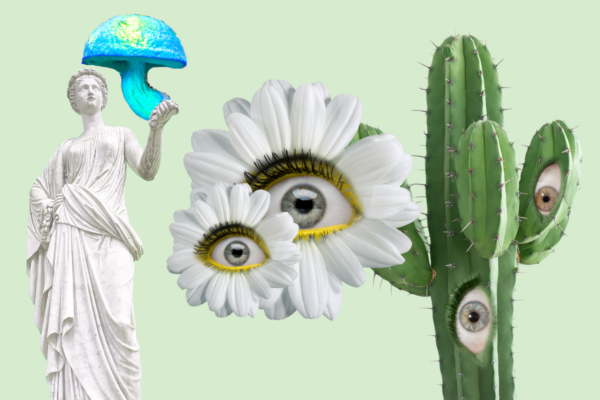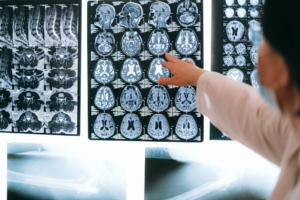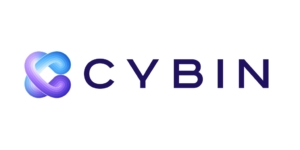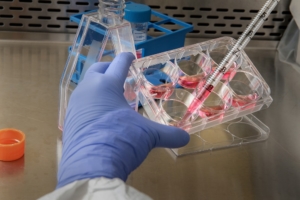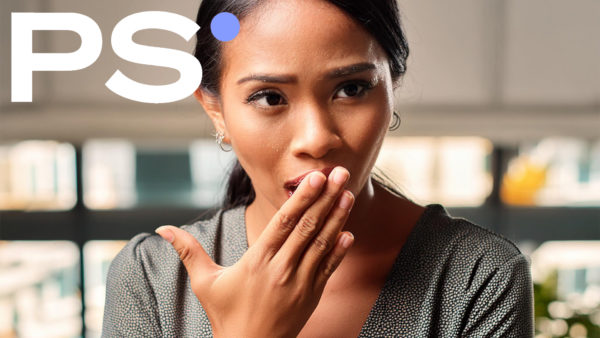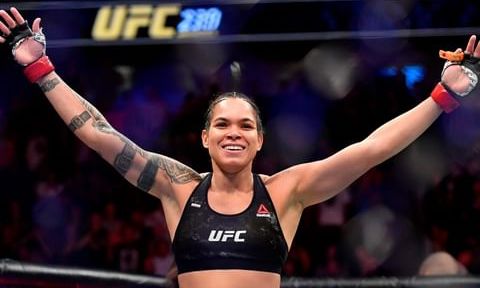
The UFC (Ultimate Fighting Championship) is working with industry leaders to better understand brain trauma-related problems the combat sport causes athletes. As part of that effort, the organization is taking a long, hard look at psychedelic therapies as possible treatments.
UFC senior vice president of health and performance Jeff Novitzky told ESPN in January that Wight became inspired to pursue hallucinogens after watching an HBO Real Sports. In one episode, host Bryant Gumble talked with several former professional athletes, including former UFC fighters Ian McCall and Dean Lister, about how psychedelic medicine helped extinguished their mental anguish related to brain damage suffered from repeated head blows.
Novitzky said UFC president Dana White essentially issued a “directive” to investigate whether psychedelic medicine might help UFC fighters overcome mental health problems including depression and addiction.
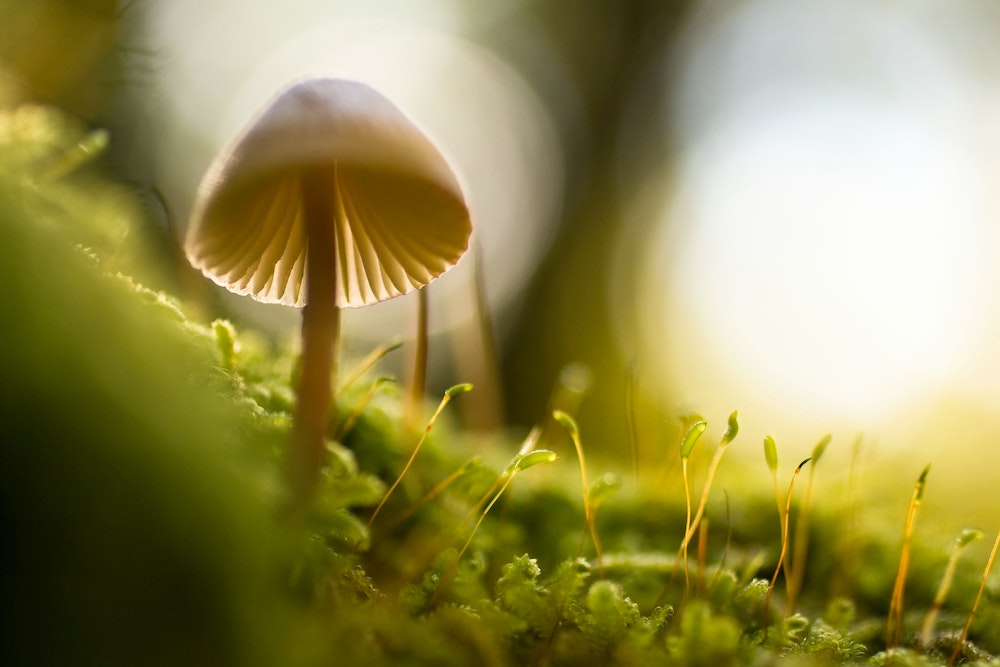
Funding Psychedelic Research
As part of the effort, the organization contributed an additional $1 million to Cleveland Clinic Lou Ruvo Center for Brain Health and is in talks with Johns Hopkins University about recruiting current or former UFC fighters to participate in psychedelic research.
“Dana said, ‘Hey, find out what this is about,” Novitzky told ESPN about the university’s psychedelic studies. “To see if it does help with some traumatic brain injury, addiction, mental-health problems. We want to be on board and we want to be first.”
Johns Hopkins has been on the forefront of psychedelic research investigating hallucinogens like LSD and psilocybin for the treatment of psychiatric and behavioral disorders. In 2000, the university received regulatory approval from the U.S. to resume research with psychedelics on healthy volunteers with no previous experience with the drugs. In 2019, Johns Hopkins launched the Center for Psychedelic and Consciousness Research after receiving $17 million from a group of private donors. The research center is believed to be the first of its kind in the U.S., and the largest of its kind in the world.
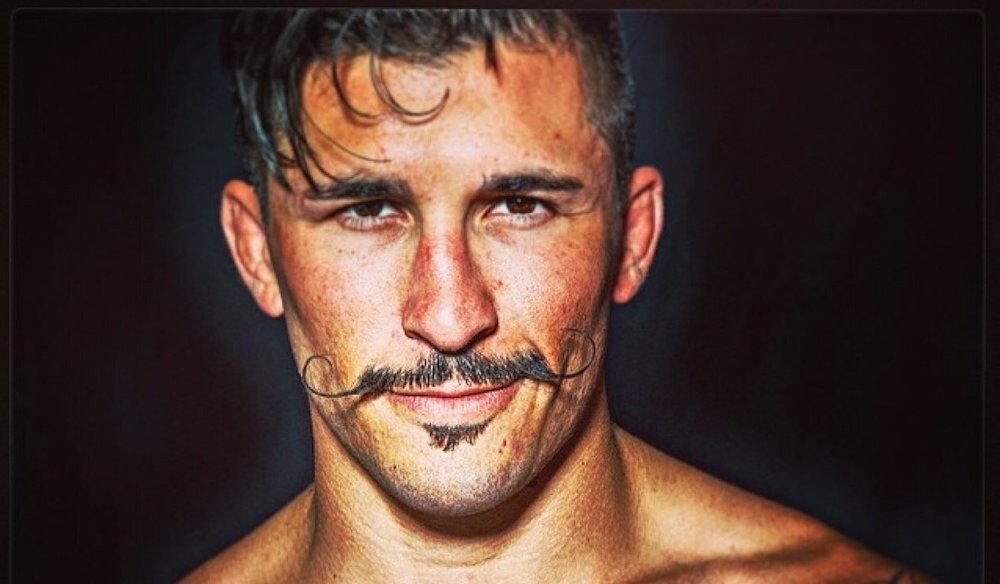
The research coming out of the center has been eye-opening. In one study, Johns Hopkins researchers found that carefully controlled and monitored use of psilocybin helped longtime smokers finally kick the habit when other therapies failed to work. Another study among patients with life-threatening cancer, found that a single large dose of psilocybin helped relieve their cancer-related anxiety and depression symptoms.
Since opening, the university also issued a recommendation to reclassification psilocybin from a DEA schedule I drug—a category of drugs considered to have no medical potential—to a schedule IV drug, which would put it in the category as prescription sleep aids.
Novitzky said he has talked with athletes struggling with mental disorders who found relief taking psychedelics, including former UFC fighter McCall. And, he is eager to get the process started to see if other UFC fighters can benefit from psychedelic therapy as well.
“We want to do it right away,” Novitzky said. “We want to get all the government approvals if we’re going to do something. We want to figure out how we’re going to recruit fighters. Unfortunately, it’s not something that happens overnight. But Dana has basically instructed me: ‘Hey I want this looked into. Bring me some potential avenues we can be involved.'”
